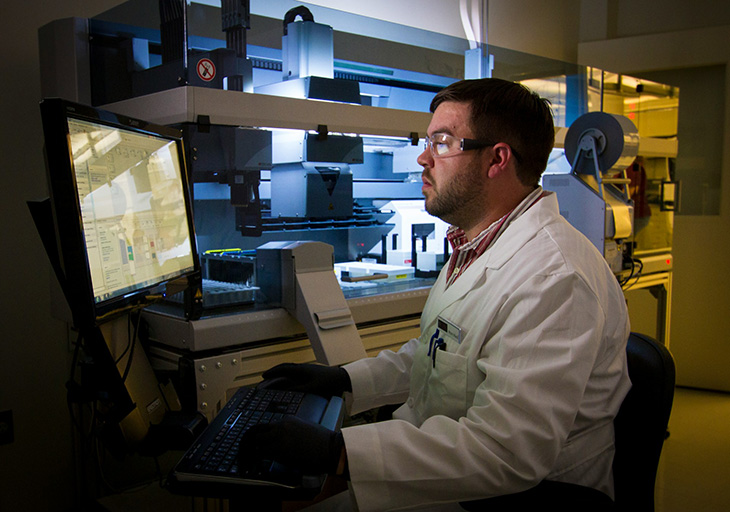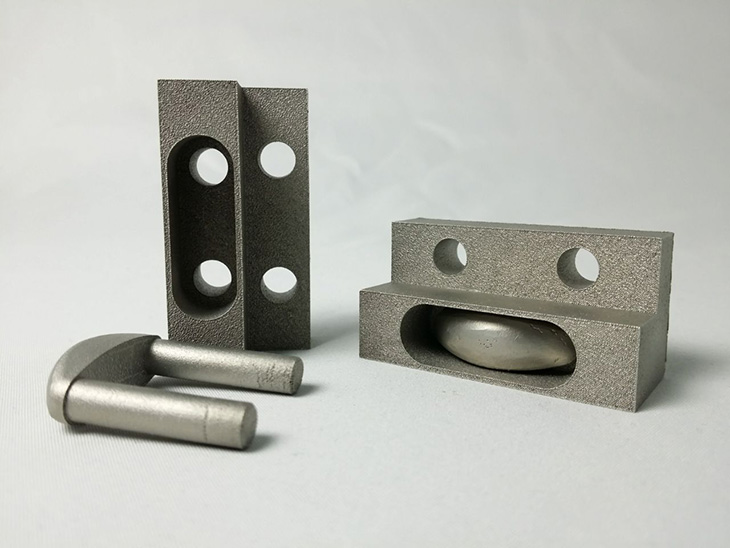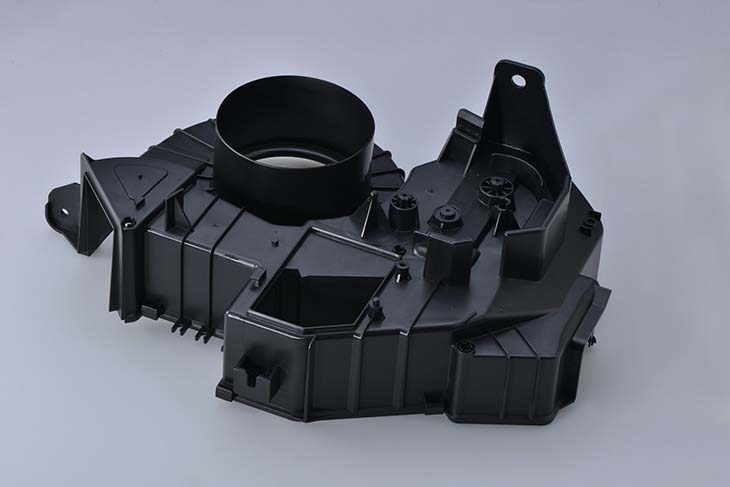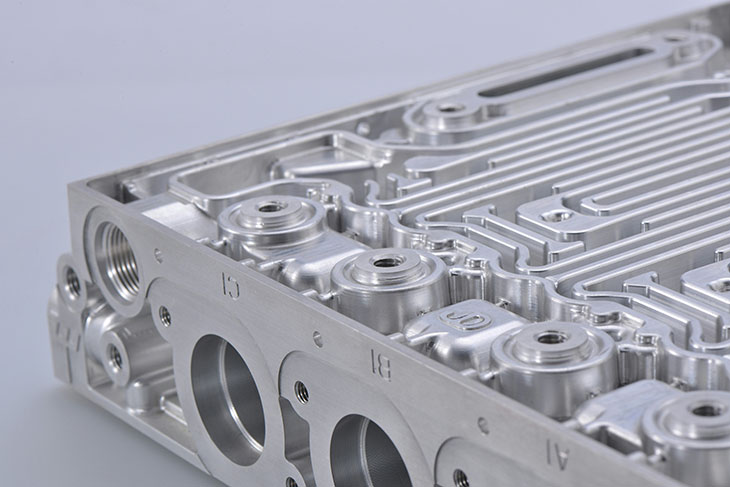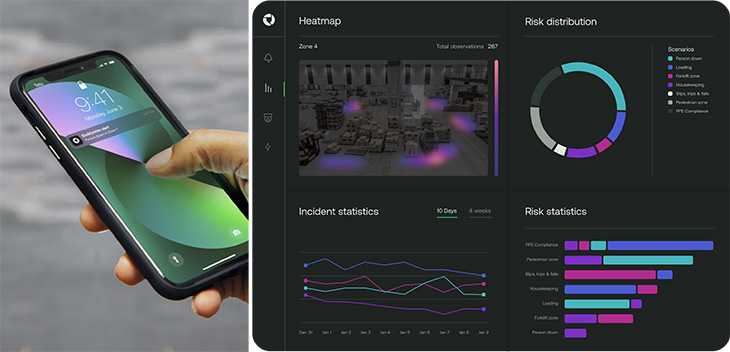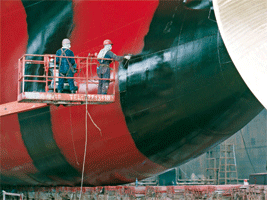Machine learning and smart technologies, IoT included, have revolutionized manufacturing right down to the average plant. Fully autonomous operations are now possible, with cobots working alongside humans and in some cases, outright taking over dangerous and repetitive tasks. AI in manufacturing is yet another facet of this modernized approach, and it can be used to enhance the average operation in many ways.
AI is a transformative solution paving the way for greater efficiency, productivity and innovation. Of the six major branches of artificial intelligence that exist, and four complexity levels, machine learning, deep learning and robotics provide the most benefits to manufacturing and the greater supply chain.
The big question is how AI implementation will look different from what already exists, as today’s operations are relatively intelligent already and most importantly, what are some of the useful ways to successfully apply the technology, right here and now?
1. Autonomous Robots and Cobots
While robots have been used in some capacity in manufacturing for decades, AI can elevate both their capabilities and applications in many new and interesting ways. Autonomous robots and collaborative robots (cobots) equipped with AI capabilities can perform repetitive tasks with high precision, adapt to dynamic environments and even collaborate with human workers safely.
Forbes described cobots as machines that are designed to operate “in conjunction with, and in close proximity, to humans” to collaborate on various tasks. They’re often powered by software, with machine learning and AI technologies at the helm. They can operate on the facility floor, with little to no human input, carrying out a variety of tasks from inventory management and heavy object handling to cleaning, assembly and much more.
Their use enhances productivity, reduces human errors and enables efficient utilization of resources, ultimately driving operational excellence. Many ways to utilize AI in manufacturing include other augmentative technologies, such as robotics.
2. Predictive Maintenance
One of the most impactful AI applications in manufacturing is predictive maintenance. A Plant Engineering survey revealed that 80% of personnel prefer the use of preventive maintenance, another form of predictive maintenance, designed to deal with problems before they cause major shutdowns or failures.
By leveraging machine learning algorithms, AI can analyze historical data, sensor readings and equipment performance indicators to accurately predict equipment failures and maintenance needs. This proactive approach allows manufacturers to optimize maintenance schedules, minimize downtime, reduce costs and prevent catastrophic breakdowns — ultimately maximizing production efficiency.
3. Quality Control and Defect Detection
AI-powered visual inspection systems offer remarkable advancements in quality control and defect detection on the production line. By analyzing images or videos of products in real-time, AI algorithms can identify derailments, anomalies, or deviations from desired specifications. In some cases, they analyze the products directly.
Where in the past, this might have been handled manually by a small team, albeit not as effectively, manufacturers can now completely automate quality checks, ensure product consistency, reduce the risk of human error and enhance customer satisfaction by delivering higher-quality goods.
A developer and supplier of glass-fiber products called 3B-Fibreglass used AI to find the root cause of breakage problems in the production line, leveraging computer vision to discern the problem. After regular use, the system was able to predict a breakage 75 seconds in advance by finding common patterns across all events.
4. Supply Chain Optimization
AI can play a vital role in optimizing supply chain management. By analyzing historical and real-time data, including demand patterns, inventory levels, supplier performance and market trends, AI algorithms can provide accurate demand forecasts, optimize inventory levels and enable proactive supply chain decision-making. This results in improved inventory management, reduced costs, minimized stockouts and enhanced customer service levels.
Ultimately, it means that manufacturers, and their warehouses, are well prepared for just about any contingency or event that might occur — whether that’s inventory shortages, supply chain constrictions, world events or something else entirely.
The pandemic is a prime example of what can happen when manufacturers, and the entire supply chain, are unprepared for major events. The economic and operational shutdowns caused quite a fuss when they first occurred, but also continue to make waves today as certain industries are still trying to play catch up to get production back on track. Preplanning for these sorts of things can certainly create a stronger, more resilient operation.
5. Production Planning and Scheduling
Optimizing production planning and scheduling is another critical area where AI can make a substantial impact. AI algorithms can process vast amounts of data, including historical production records, real-time information and market demand forecasts, to generate optimized production plans and schedules.
AI in manufacturing enables balanced production efficiency, minimizes bottlenecks, improves resource allocation and quick responses to changing customer demands.
6. Energy Management
AI in manufacturing can aid in optimizing energy consumption and reducing costs by analyzing energy usage patterns, equipment performance data and external factors such as weather conditions. For example, during a heatwave, cooling and climate control costs can increase exponentially. Even just lowering the temperature by a few degrees can save money. The same is true for an automated lighting system, which will reduce power consumption during closed hours.
AI algorithms can identify energy-saving opportunities, recommend energy-efficient operating parameters and enable intelligent energy management systems, controlling them not unlike a virtual assistant. Implementing these solutions allows manufacturers to achieve significant cost savings and inch closer to their environmental sustainability goals.
Applying AI in Manufacturing for the Greater Good
We’ve only begun to scratch the surface regarding what AI can do for manufacturing and its endless possibilities, like the use of digital twins and speeding up development processes. But the major applications encompass everything you see above, from cobots and enhanced energy management to quality control and supply chain optimization.
When AI is used effectively, the transformation is revolutionary, the benefits are far-reaching and they affect even consumers at the far end of the supply chain. Everyone benefits from a more optimal, sustainable and resilient operation. Now’s an excellent time to consider implementing AI within your manufacturing facility if you haven’t already.











